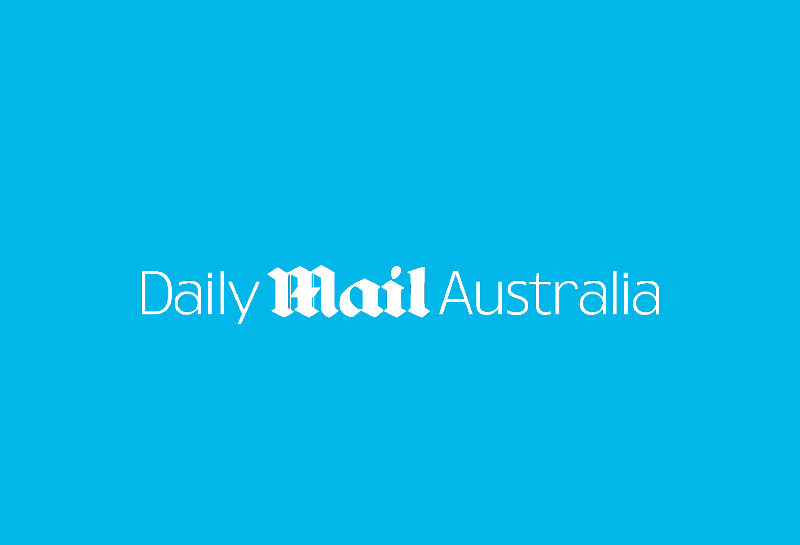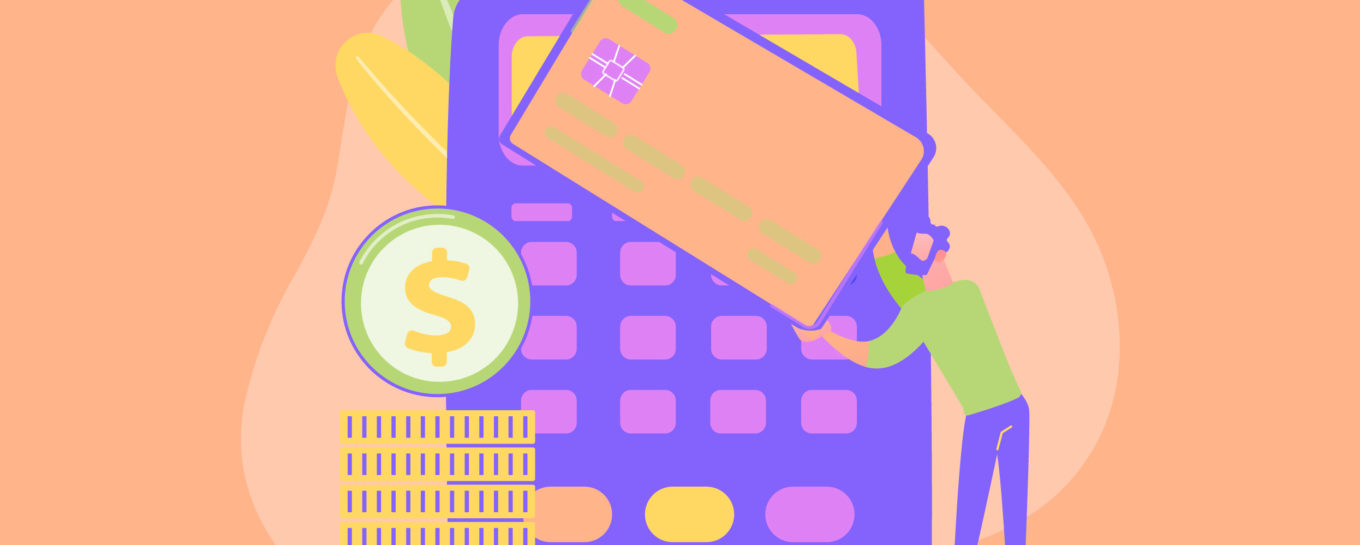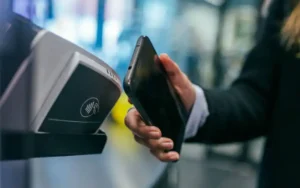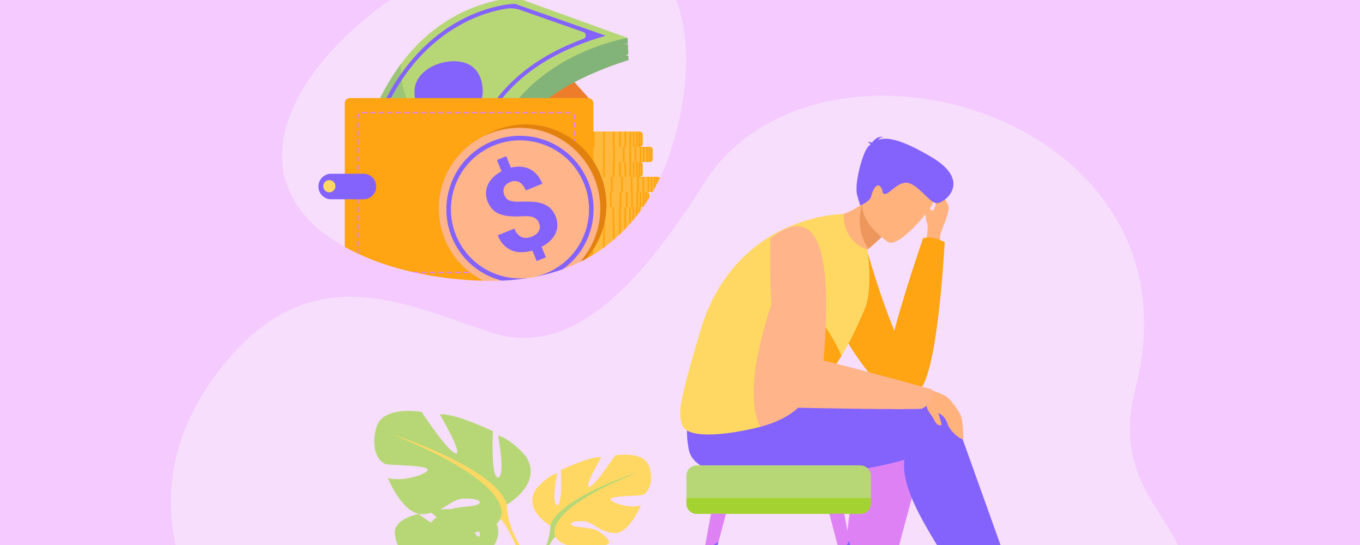Staggering number of Australians with less than $2000 in the bank.
Financial Mindfulness was interviewed by the Daily Mail on the latest study on financial stress. These results show just how dire circumstances are for some Australian’s.
Revealed: The staggering number of Australians with less than $2000 in the bank – and why the slow Covid vaccination rollout could leave them financially ruined.
Financial Mindfulness study showed 34 per cent of people couldn’t raise $2,000 Almost half or 45 per cent of Australians can’t pay their weekly household bills Financial Mindfulness chief Andrew Fleming: those with low savings were at risk
Government and employers calling for halt to major minimum wage increases
A surprising number of Australians would struggle to raise $2,000 for a hot water, car or medical emergency and a slow Covid vaccine rollout could make that worse.
Australia’s eight-year run of weak wages growth is set to continue with both the federal government and employer groups calling on the industrial empire to withhold pay increases, despite the strong economic recovery from the Covid recession.
Money wellbeing app Financial Mindfulness surveyed 645 Australians and found 34 per cent of them would be unable to raise $2,000 to cover a financial emergency.
Almost half, or 45 per cent, could not meet their weekly household bills, the barometer of economic health taken in February 2021 found.
A surprising number of Australians would struggle to raise $2,000 for a hot water, car or medical emergency and a slow Covid vaccine rollout could make that worse. Pictured is a stock image
Financial Mindfulness chief executive Andrew Fleming said people with less than $2,000 in bank savings were particularly at risk.
A medical expense or a hot water system blowing up or a car breaking down: an expected expense hits people for six,’ he told Daily Mail Australia.
‘A lot of people are living week to week.’
Consumers already struggling with a mortgage, rent or credit card bills are increasingly turning to buy now, pay later apps, like Afterpay or ZipCo, or pay on demand, where individuals pay $80 a month to get $2,000 in the bank before their employer pays them.
Mr. Fleming said many Australians were unaware of the penalties they faced if they were late with repayments during a personal financial emergency.
‘For those who can’t raise $2,000 for an unexpected expense in the last month, there’s a high probability they’re going to resort to these new products – does the user really understand what they’re doing?,’ he said.
The past year has been very volatile, with the Covid shutdowns causing a 7 per cent plunge in gross domestic product, the steepest downturn since the 1930s Great Depression.
But the final six months of 2020 saw a 6.5 per cent surge in economic growth, the fastest-ever half-yearly pace of GDP expansion.
Despite that, the federal government is calling on the Fair Work Commission to refrain from giving Australia’s 2.2 million low-paid workers a substantial pay rise on July 1.

The federal government is calling on the Fair Work Commission to refrain from giving Australia’s 2.2 million low-paid workers a substantial pay rise on July 1. Pictured is a cafe at Brunswick in Melbourne
‘Given the current uncertainties in the domestic and international economic outlook, the government therefore urges the panel to take a cautious approach.
Taking into account the importance of creating jobs for Australians and ensuring the viability of the businesses, particularly small businesses, which provide the jobs which are crucial to the economic recovery and the wellbeing of Australian families,’ it said.
The National Farmers Federation went further in its submission to the annual wage review, arguing minimum wage workers should get no pay increase until the Covid vaccine was given to most Australians.
‘The NFF recommends that the minimum wage be maintained at current levels until economic conditions have improved, market volatility has decreased, and the level of financial risk lowered,’ it said.
‘These conditions can be reasonably expected to materialise once trends indicating a recovery can be confirmed and the risk of additional waves of infection minimalised following the roll-out of the AstraZeneca vaccine.’
Mr. Fleming said the prospect of more weak wages growth would put struggling consumers at risk.
‘If expenses are going up, out of your control, and income is stagnating, there’s a problem,’ he said.
Money wellbeing app Financial Mindfulness surveyed 645 Australians and found 34 per cent of them would be unable to raise $2,000 to cover a financial emergency.
Almost half, or 45 per cent, could not meet their weekly household bills, the barometer of economic health taken in February 2021 found
On July 1 last year, the Fair Work Commission agreed to give minimum wage earners a $13 a week pay increase which saw their wages edge up slightly to $753.80 a week or $19.84 an hour.
The 1.75 per cent wage increase was below the inflation rate at the time of 2.2 per cent.
Since then, inflation was shrivelled to just 0.9 per cent, putting it well below the Reserve Bank of Australia’s 2 to 3 per cent target range.
As found in the Daily Mail
By STEPHEN JOHNSON, ECONOMICS REPORTER FOR DAILY MAIL AUSTRALIA.














